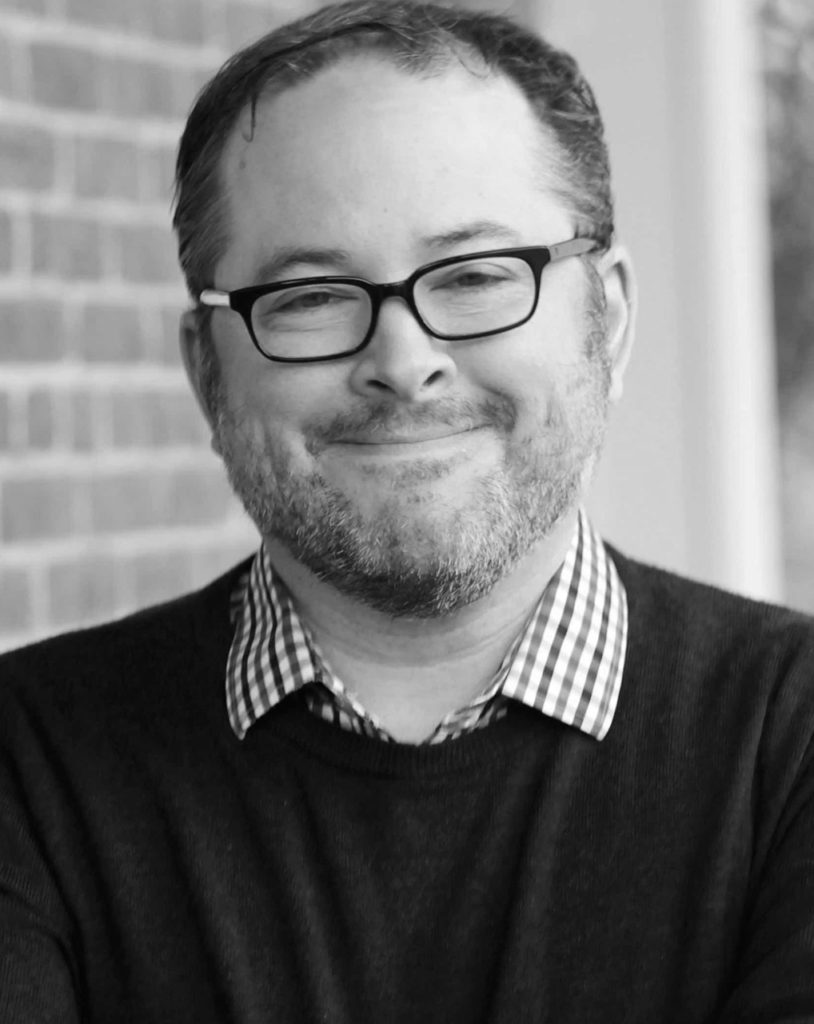
Derek Krissoff
This week, we launch a new series, Conversations with Publishers. It seems to me that being curious about books needn’t stop at the people who write them; it can also mean being curious about those who commission them and publish them; those who decide what they look like and how we discover them. And as most, though not quite all, of the books featured on this podcast come from university presses, that will be the main focus in this new series. The interviews will not be adverts for a guest’s own press; that’s boring for them to rehearse and boring for you and me to listen to. I wanted people who would reflect on the whole publishing landscape for serious non-fiction books, but also be able to talk interestingly about their place in it and their trajectory through it so far.
My first guest – my guinea pig, as I confessed he would be in my invitation to him – is Derek Krissoff. Derek is director at West Virginia University Press and previously worked at the university presses at Georgia and Nebraska. On his website he writes: ‘There are smart people talking about publishing on the internet but there should, I think, be more of them, and more perspectives from people who do nuts-and-bolts publishing work in particular. If you’re in that group and have something to say, hit me up.’ So I did. By that time, I’d also seen his Twitter account and knew he had interesting, sometimes provocative, things to say. For example:
I predict publishing will not be successfully reinvented by people who are angry at publishing.
— Derek Krissoff (@DerekKrissoff) February 15, 2019
“There’s sometimes a notion that you can hang out a shingle, you can save costs on labor, by not having acquiring editors, by not having that sort of entrepreneurial spirit … in my experience it isn’t true.”
When we spoke a couple of weeks ago, we talked about the nature of West Virginia University Press within the university press world, but also in its own regional landscape in Appalachia. It’s the biggest book publisher of any kind in its home state. But tiny compared to Harper Collins, publisher of the controversial bestseller, Hillbilly Elegy – the New York Times called it ‘a frisky memoir with a bit of conservative moralizing dangling off’. So how did Derek and his colleagues enable other voices from his region to make an effective riposte to Hillbilly Elegy with their own Appalachian Reckoning? I began the interview by asking Derek to go back 21 years when he was doing graduate work in history in New York. Was an academic career beckoning to him back then?
